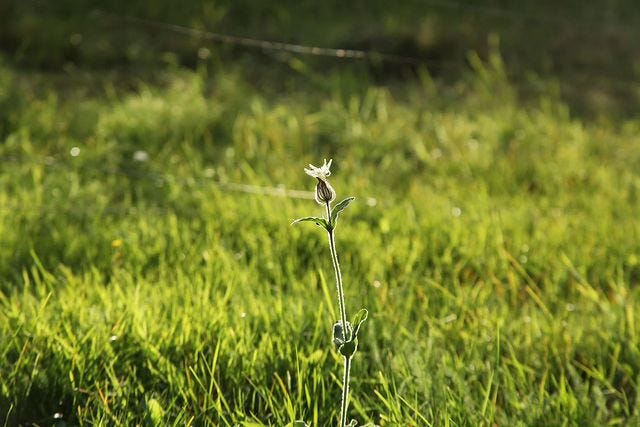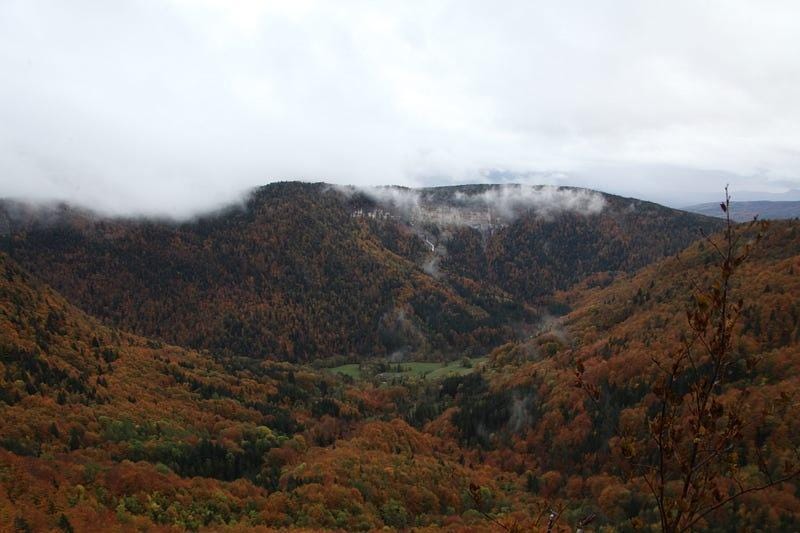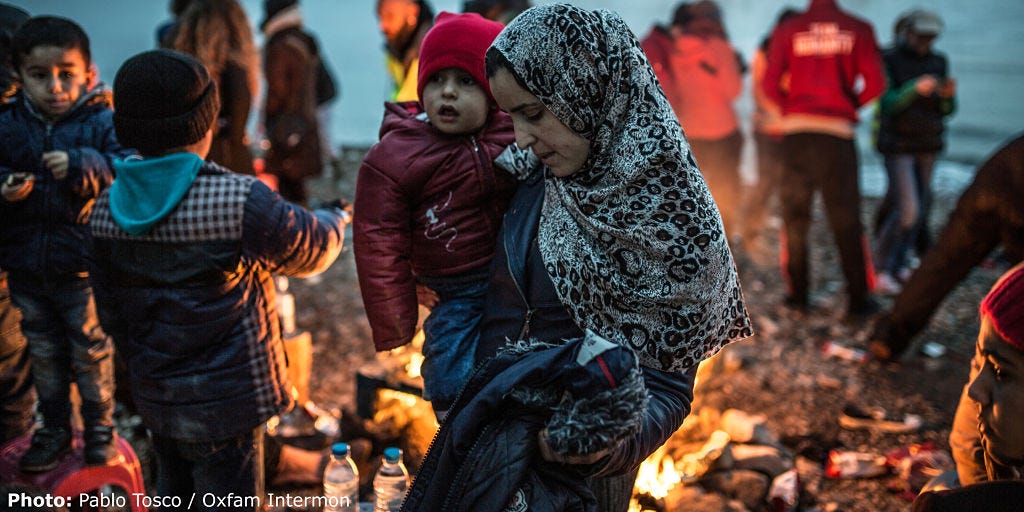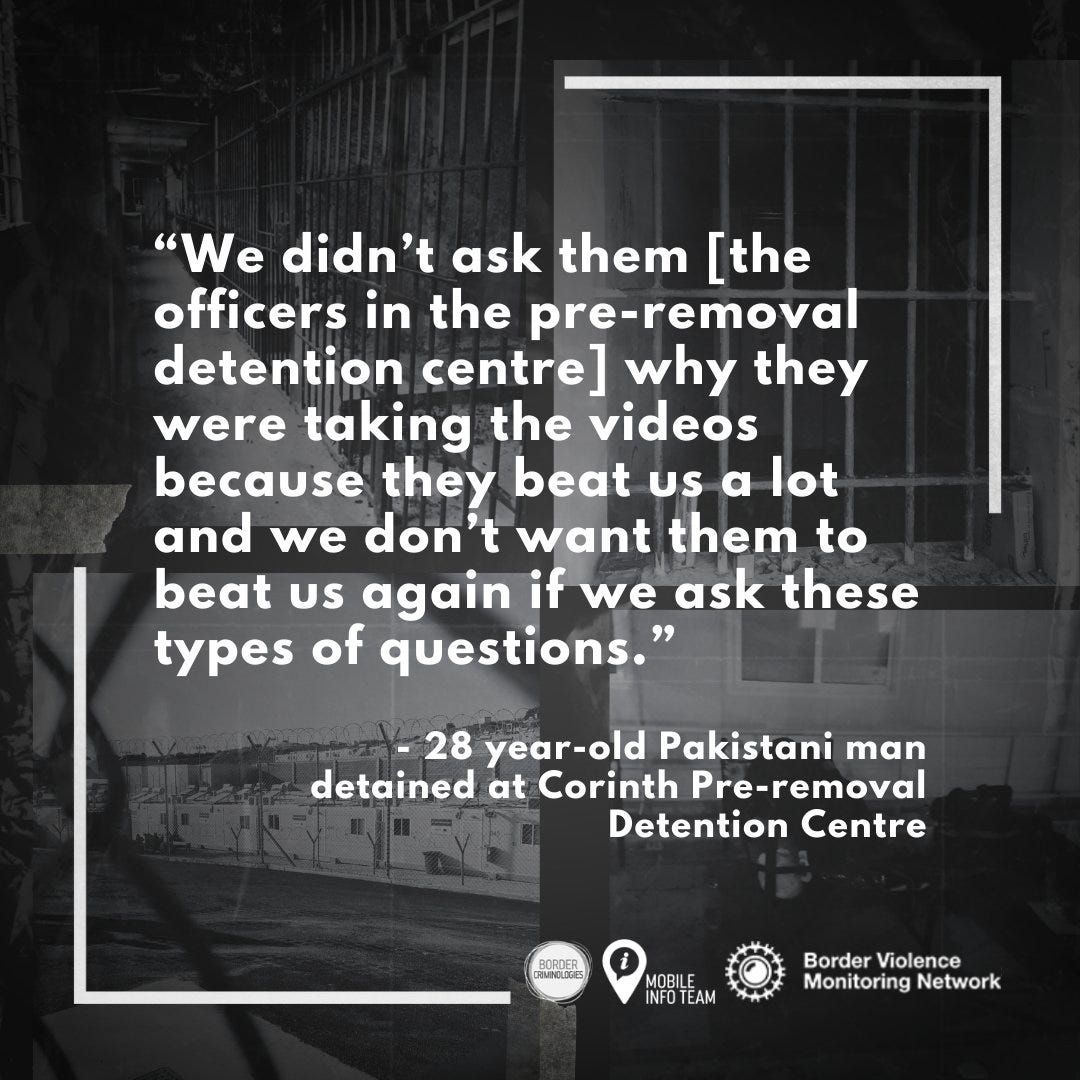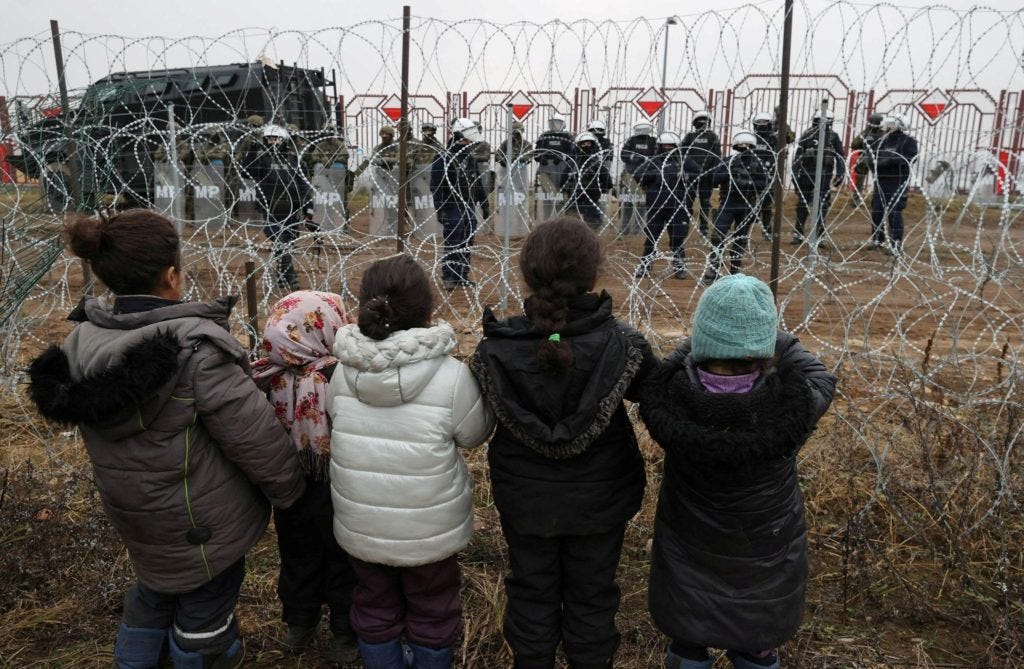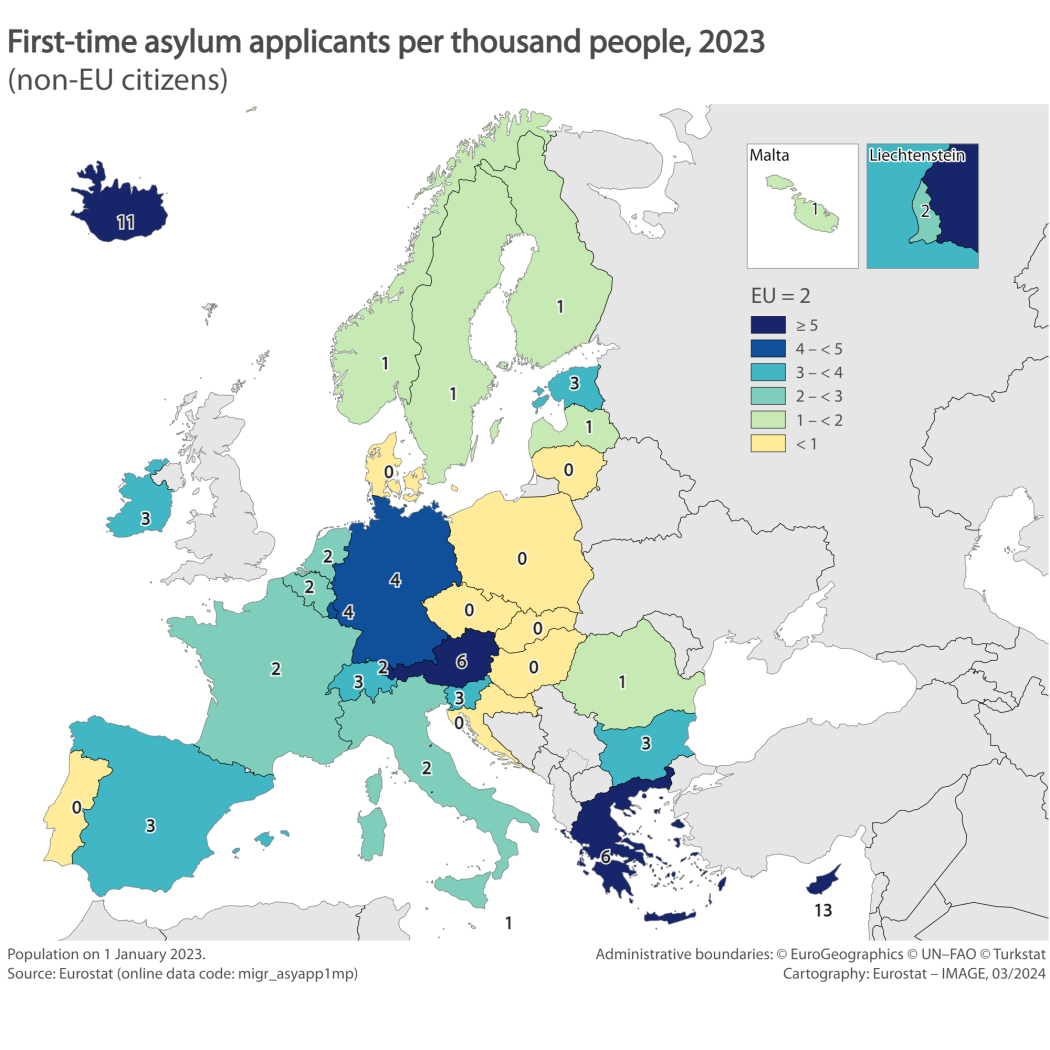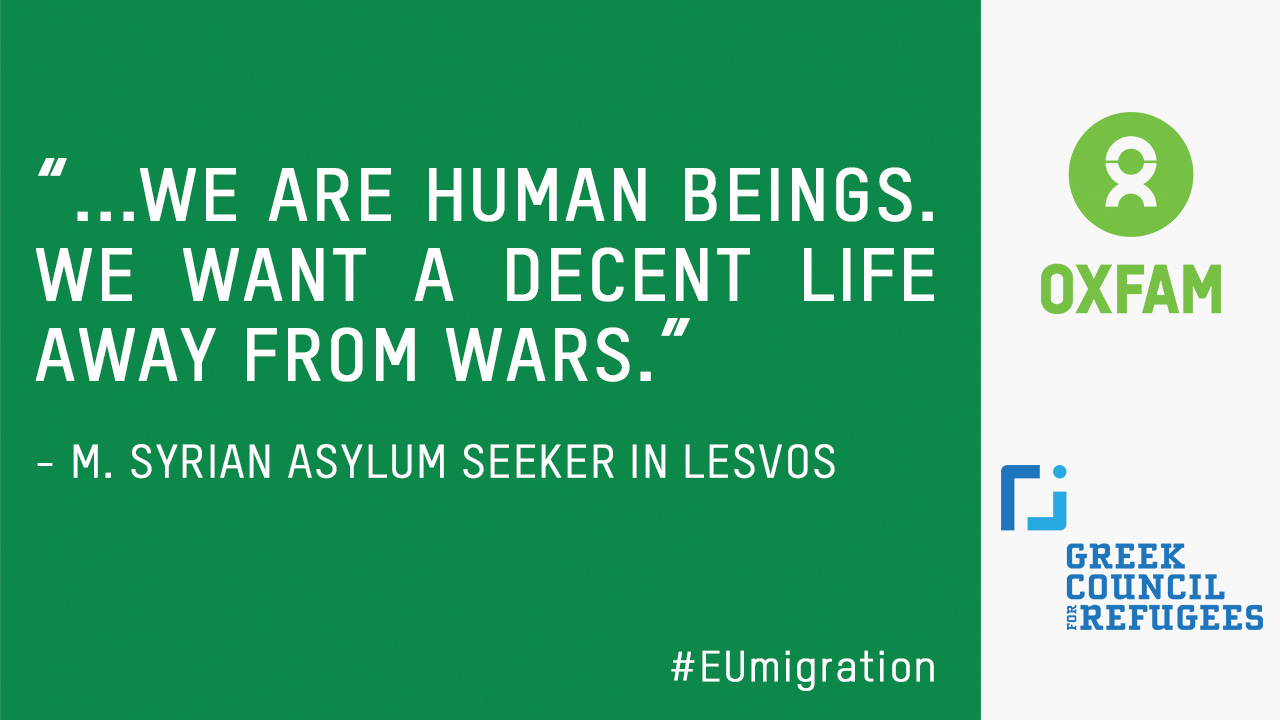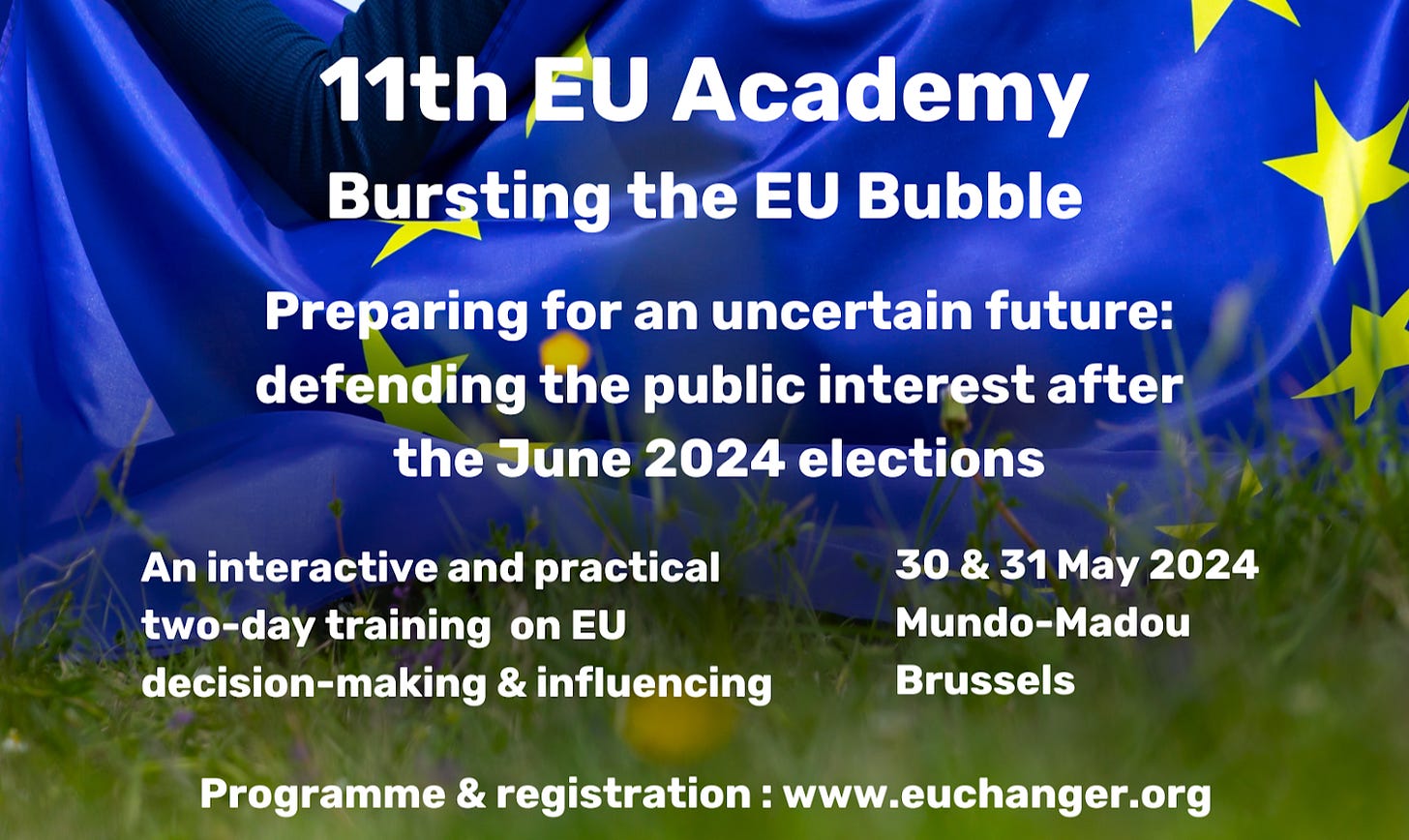The EU still struggling with concept that people seeking refuge from war are human beings.
Think you're bad with money? The EU is funding a crack-down on children and families looking for a safe place to call home.
Lingxin Tiyo, masters student in biology from Malaysia, opens this edition of The Green Fix while Cass sits on a very slow bus somewhere between rural west England and Brussels:
“Why do humans always make things complicated?”
“If we weren’t complicated, the world wouldn’t be so rich in colours.”
See, biologists are in fact, romantic individuals.
My days are consumed by delving into biological data and discussing conservation issues. While it’s all fascinating, I often find myself questioning how I can be truly useful in nature conservation.
The core of conservation biology lies in maintaining the world’s biodiversity to secure present resources without compromising the future. We are racing against time to discover and implement restoration methods to slow the degradation of nature, and find new species before it's too late.
I question myself: when I leave the lecture hall, the lab, and my Excel datasheet, how do I see myself as a human being relying on natural resources to live?
In Malay language, there’s a saying: Tak kenal maka tak cinta. It translates to “We can’t love what we don’t know.” Connection fosters care.
When people ask, “Why study that particular dung beetle species?” I respond, “Because they are beautiful, and you would live in a world full of knee-high-level poops without these tiny heroes’ efforts.”
Consider what you eat, what you wear, where you live, and what brings you solace — which part of these is not connected to nature?
We are drowning in information. But we don’t need to pick up every research paper to understand the importance of nature to us. Instead, we can just go on a walk and feel the connection using our own senses.
You can follow Lingxin Tiyo via Instagram @_lxtiyo.
What’s Going On?
A group of Swiss women take governments to court over climate inaction - and won. What does this mean?
Related: A polluted Peruvian city also prevails in international court.UK ‘double counting’ £500m of aid for war-torn countries as climate finance.
Related: World Bank Group counted support for luxury hotels as climate finance.Climate change is making homelessness worse — but experts say we can help.
Related: The paradox that's supercharging climate change: how to reduce aerosols without accelerating global warming.G20 countries spent $142bn in three years in fossil fuels after promising not to do that.
Related: Nestlé is driving Mexican coffee farmers to ruin.Right-wing parties consistently voting against a more transparent EU.
Related: New campaign challenges UK MPs to cut ties with polluters.
Our content is free but our work shouldn’t be. If you can spare a euro, donations go to keeping The Green Fix and its events running.
Focus On… The EU Pact on Migration and Asylum
and take a look at the new rules to overhaul migration policy.
On Wednesday, April 10, the European Parliament adopted the controversial EU Pact on Migration and Asylum after over three years of negotiations. The pact is a set of ten legislative bills to reform Europe’s asylum policies. The new regulations aim to applying a standardised set of rules across all member states.
Over 160 civil society organisations from around the EU have spoken out against the Pact over concerns it will further entrench the human rights violations and criminalisation of asylum seekers that have characterised EU migration management policies for over a decade.
The context
Negotiations of the pact started in 2015 in response to over a million women, men and children crossing the Mediterranean to escape war and persecution. The stated objective was for EU member states to work together to alleviate pressure on Europe’s southern border countries, where most people seeking asylum first arrive.
Instead, the European Parliament approved a mechanism that will weaken the rights of people arriving at those borders.
What are (some of) the issues?
“People who do not meet the conditions to enter the EU will be subject to a pre-entry screening procedure, including identification, collecting of biometric data, and health and security checks…. Member states will have to set independent monitoring mechanisms to ensure the respect for fundamental rights.” European Parliament website.
Reading between the lines:
Nobody is exempt from being detained in border centres, including children from the age of six. These centres are also technically not considered part of EU territory, opening the door for further violent pushbacks and human rights violations.
In late 2023, a report by MSF found people seeking asylum who arrive in Greece were beaten, strip-searched and sent back to sea. When the first closed detention centre was established in Greece, the Greek Minister said the centres aim to “discourage them from coming in the first place”.
Case in point:
On the Greek islands, families have been left in refugee centres including Moria and Samos, These facilities are at over double their capacity and face shortages of medical services, water, food, and poor sanitary conditions.
“Processing asylum claims at EU borders will in future have to be faster, with shorter deadlines for unfounded or inadmissible claims…. Each Member State shall retain the right to send an applicant to a safe third country.” European Parliament.
Reading between the lines:
‘Accelerated’ claims will be assessed with the potential for people to be sent directly to ‘safe third countries’ - including Tunisia, Egypt and other countries associated with violent treatment of people seeking asylum - or relocated into detention sites in the EU to be deported to their country of origin.
“This deal… relies on paying non-EU countries to do the EU's bidding. It is a dangerous dismantling of the key principles of human rights and refugee law.” - Stephanie Pope, Oxfam EU migration expert.
Case study:
An EU-Turkey deal struck in 2016 allowed Turkey to take ‘any measures necessary’ to stop people reaching Greece, including blanket returns of those who did make it over the sea. Turkey stopped accepting returns two years ago. This has left thousands of people trapped in limbo in refugee camps, with no right to asylum and no right to work or build a life.
Exemptions from state obligations are possible in times of crisis. “A crisis entails mass arrivals of migrants or asylum-seekers that block a national asylum system… Rules also cover the instrumentalisation of migrants by third-countries or hostile non-state actors to destabilise the EU.” European Parliament.
Reading between the lines:
This mechanism allows EU member states to request exemptions from certain asylum rules during times of crisis. Unsurprisingly, the definition of crisis is vague. It also means that when third country governments use people, including those seeking international protection, to destabilise the EU, it is those same people caught in the crossfire of EU policy, rather than the governments who have manipulated them.
On 28 September, the Italian government blocked the migration Pact negotiations demanding that NGOs also be included as a factor in ‘instrumentalisation’ - referring to NGOs conducting rescue operations in the Mediterranean Sea.
This externalisation project involves significant financial support to partner countries for managing migration flows. This support has not only been used to blackmail the EU, but also made the EU complicit in their partner’s human right abuses.
Case study:
In 2021, Belarus started issuing easy visas to people from Middle Eastern and African countries, allowing them free passage to the Polish border. People from Iraq, Yemen and Syria fleeing violence arrived in Belarus - only for the Belarusian guards to chase them with dogs, beat them with batons and force them into freezing rivers into the Polish border. Once in Poland, first-hand accounts by migrants recount being loaded into trucks by Polish authorities and deposited back in the forest ‘buffer zone’ between the two borders.
Building ‘fortress Europe’
The new legislation includes ‘mandatory solidarity’, meaning all EU member states have an obligation to contribute in some way to addressing migration and asylum, whether through accepting asylum seekers for relocation, providing financial assistance, or offering other forms of support.
Member States can ‘show solidarity’ by financing stronger borders and immigration detention facilities in border Member States or by funding dubious ‘projects’ in non-EU countries.
“As we hear EU statements celebrating this deal, the question is, at what cost? What has been agreed is not better - in many ways, it is far worse.” - Stephanie Pope, Oxfam EU migration expert.
Learn more:
What is the EU Pact on Migration and Asylum? Article by the International Rescue Committee.
Migration through the Mediterranean: Mapping the EU response. Research by Stefano M. Torelli published in the European Council on Foreign Relations’ website.
How Europe is paying other countries to police its borders. Article by Laura Dubois and Adam Samson in the Financial Times
So Now What Do I Do?
LEARN SOMETHING
How to rebut 33 false claims about wind, solar and electric vehicles.
I had a chat about the weirdness of sustainability with the amazing Ronni Gurwicz for his podcast The World is Storytelling.
Read: ‘End of the world vibes’: why culture can’t stop thinking about apocalypse.
TRY SOMETHING NEW
iF Design are looking for social impact projects for funding. Submit yours by 24 April.
Applications for young activists to join the super cool 10-week online Resilience Residential are open until 30 April.
Calling marine conversationists 18-25! The National Geographic Society & The Nature Conservancy Remote ‘Externship’ is accepting applicants until 6 May.
CHANGE THE SYSTEM
Call on MEPs to support a tax on extreme wealth by signing the European Citizen’s Initiative.
Apply by 29th April to take part in the EU citizen open assembly on biodiversity.
The European Commission are looking to fund projects around the theme of “Ocean, Citizenship, and Democracy.” Submit yours by 15 June.
By the way…
Applications are open for the EU Academy! This training aims to help those working for the public good across Europe to enhance their understanding of EU decision-making processes and their influencing skills. Registration details here.
The Green Fix offers low-cost sponsored slots on the newsletter. Find our offer by emailing wearethegreenfix@gmail.com.
Stay in the loop
You can follow us on Twitter @TheGreenFix, Instagram @thegreenfix_ and LinkedIn. Connect with Cass on Instagram @cass.hebron and LinkedIn Cass J Hebron.




